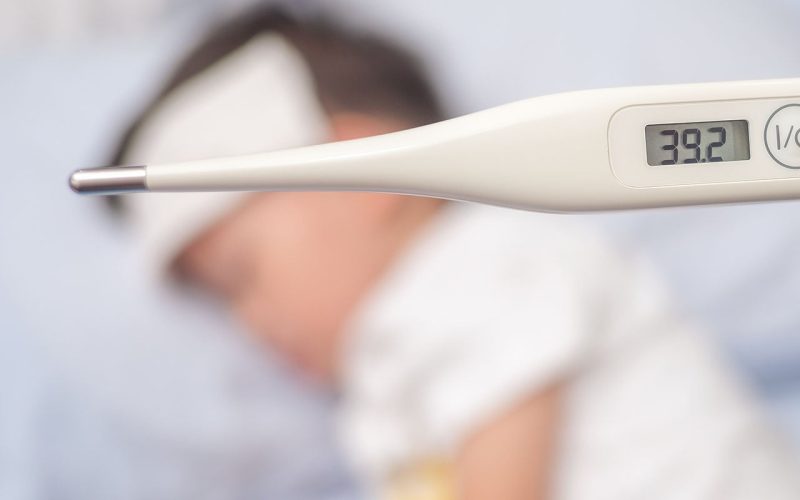In a new study, a rapid test is being developed to more rapidly diagnose severe diseases such as sepsis and meningitis on the basis of RNA expression. Implementing this test in practice will make it possible to find the cause more quickly in the event of fever and to immediately start the appropriate treatment, thereby preventing unnecessary use of antibiotics. The researchers received a European grant of € 22.5 million for this international study. Part of the work at a budget of € 400.000 will be done at UMC Utrecht
The DIAMONDS study is a major international study to develop a rapid RNA profile test for diagnosing patients with fever. The study is led by Professor Michael Levin of Imperial College in London (UK). This project, involving an international consortium led by Levin, has received a large EU grant of € 22.5 million for five years to develop the test and bring it to hospitals throughout Europe.
With the new technique, the cause of fever, such as a viral or bacterial infection or inflammatory disease such as Kawasaki syndrome, could be determined within 2 hours. Previous research by this international research group showed that each disease is associated with a unique pattern of genes that are ‘on’ or ‘off’, an RNA profile that can be used to make a diagnosis quickly.
The investigators will collect RNA profiles of all regularly/frequently occurring infections and inflammatory diseases in children that lead to fever and store them in a publicly accessible database. By comparing the RNA profile in the blood of an individual patient with the profiles in the database, a diagnosis can be made quickly.
Cancer and autoimmune diseases
Pediatric infectiologist/immunologist Michiel van der Flier works with his colleagues Tom Wolfs (pediatric infectiologist/immunologist), Bas Vastert (pediatric rheumatologist), al, from Wilhelmina Children’s Hospital. They work closely together with Wim Tissing (pediatric oncologist) from the Princess Máxima Center. Together for this study they will collect RNA profiles of, among other things, fever and infections during cancer treatment, and of children with fever in rheumatism and autoimmune diseases. A total of € 400,000 has been made available for this part of the study.
The new test is expected to be implemented in practice in the coming years. The test may allow to reduce unnecessary use of antibiotics and to determine the cause of a fever faster and to come to a diagnosis. The DIAMONDS Study is funded by the EU Horizon 2020 program. The consortium includes research teams from Australia, Austria, France, Germany, Greece, Italy, Latvia, Slovenia, the Netherlands, Spain, Switzerland, Taiwan, Gambia, Australia, Nepal and the United Kingdom.
